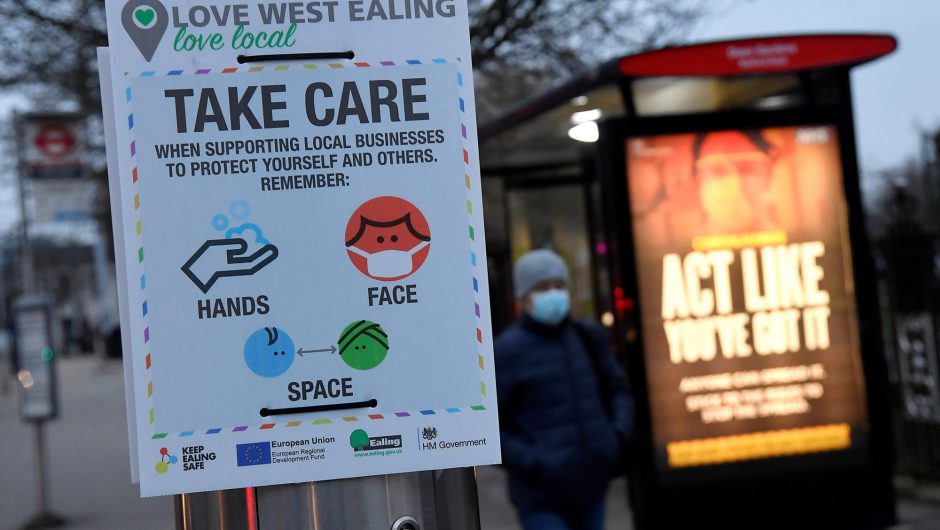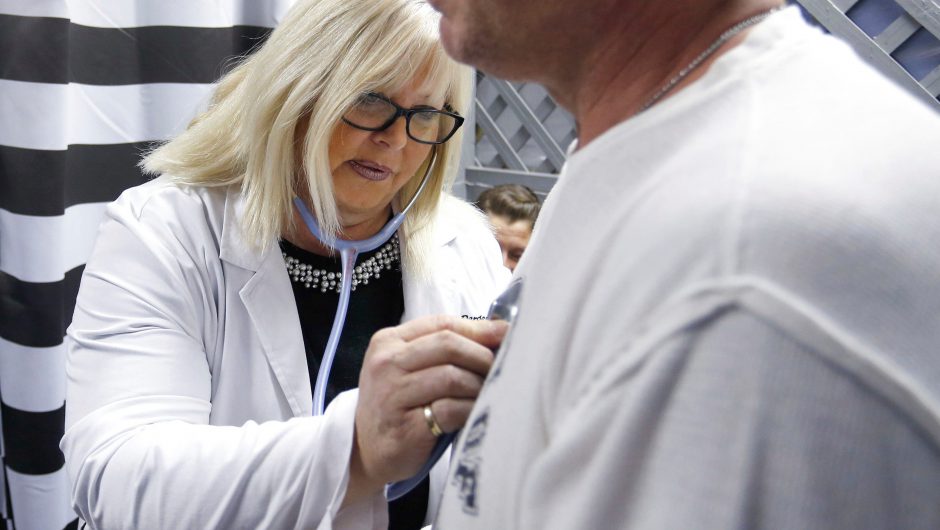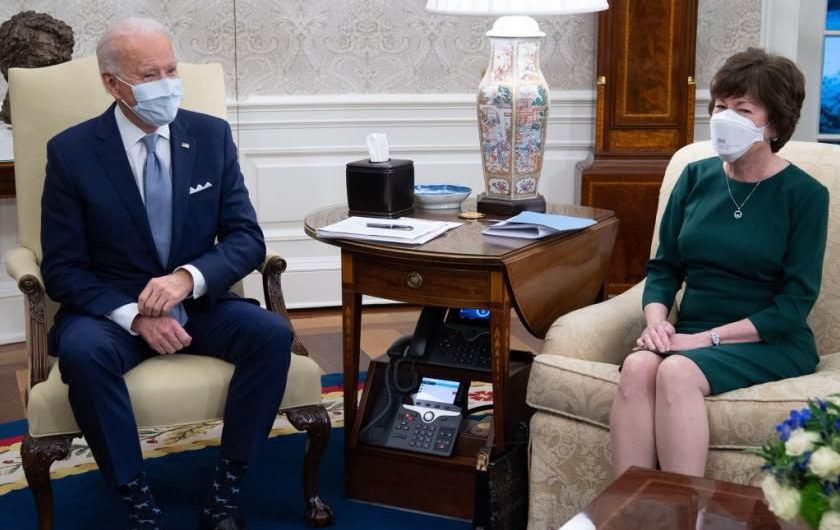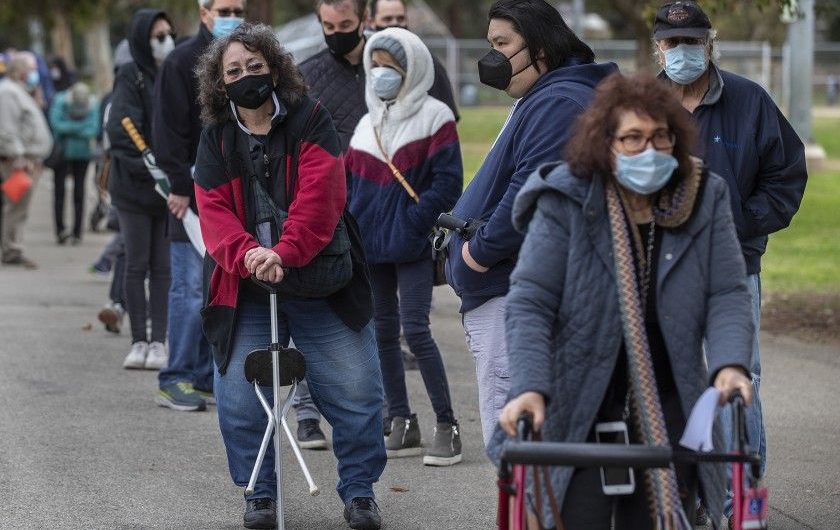[ad_1]

President Trump signed a string of executive orders Saturday to provide emergency coronavirus relief to all Americans.
The four orders suspend payroll taxes, halt evictions on homes with federally backed mortgages and provide student debt relief. Most critically, Trump extended federal unemployment payments to American families struggling with COVID-19-related job loss.
However, the $600 a week was reduced to $400, with Trump saying the amount was lowered to ensure the cash didn’t act as a “disincentive” toward getting back to work.
The moves, which he announced during a press conference at his Bedminster, NJ, golf club on Saturday, bypass Congress, where Democratic leaders and reps for the White House have been at an impasse over what to do.
“We have repeatedly stated our willingness to immediately sign legislation providing expanded unemployment benefits, protecting families from eviction and providing relief payment to families,” Trump said of his negotiations with Congress.
“Democrats have refused these offers. What they really want is bailout money for Democrat governors and mayors that have been run very very badly for many years,” he added.
In his remarks, Trump accused Democrats of scuttling negotiations by insisting upon a number of unrelated measures to their COVID-19 relief proposals, including “the mass release of inmates, including serious felons,” and stimulus checks to illegal aliens.
“They have things in there nobody has had the time to look at or read. These people, I honestly don’t believe they love our country,” he said, singling out Sen. Chuck Schumer (D-NY) and House Speaker Nancy Pelosi (D-CA).
Before Trump’s action today, White House Chief of Staff Mark Meadows and Treasury Secretary Steve Mnuchin had been negotiating with Schumer and Pelosi.
Democrats have pushed for a $3 trillion dollar relief package, while Trump and his Republican allies have tried to keep the price tag to an even trillion. Democrats had pushed a trillion in spending to bail out mostly Democratic-run big cities, many of which have long been known for a spend-first, ask-questions-later approach to governance.
It remains an open question whether the president can unilaterally authorize the payments, as the power of the purse is granted to Congress by the US Constitution. Trump faced multiple questions from reporters about the threat of litigation tying up the desperately needed aid.
The president said he was unbothered.
“Congress has obstructed,” he said. “This will go very rapidly through the courts. If we get sued, it’s somebody that doesn’t want people to get money, and that’s not a very popular thing.”
[ad_2]
Source link







